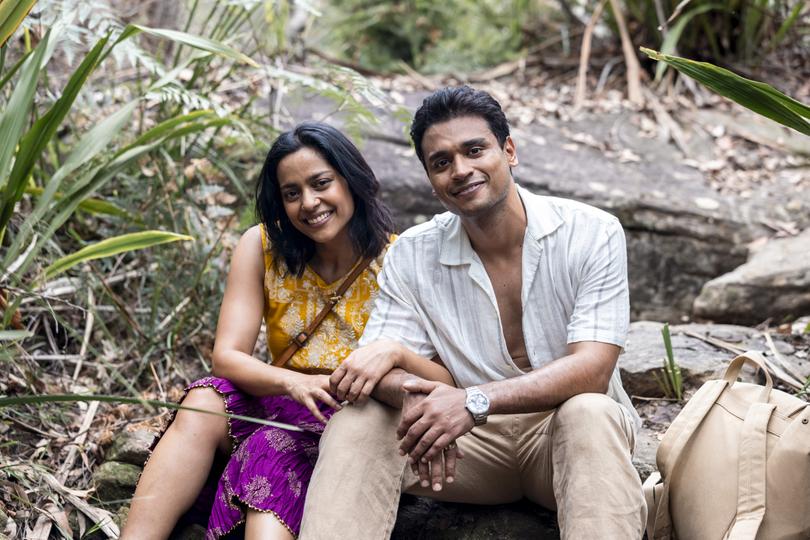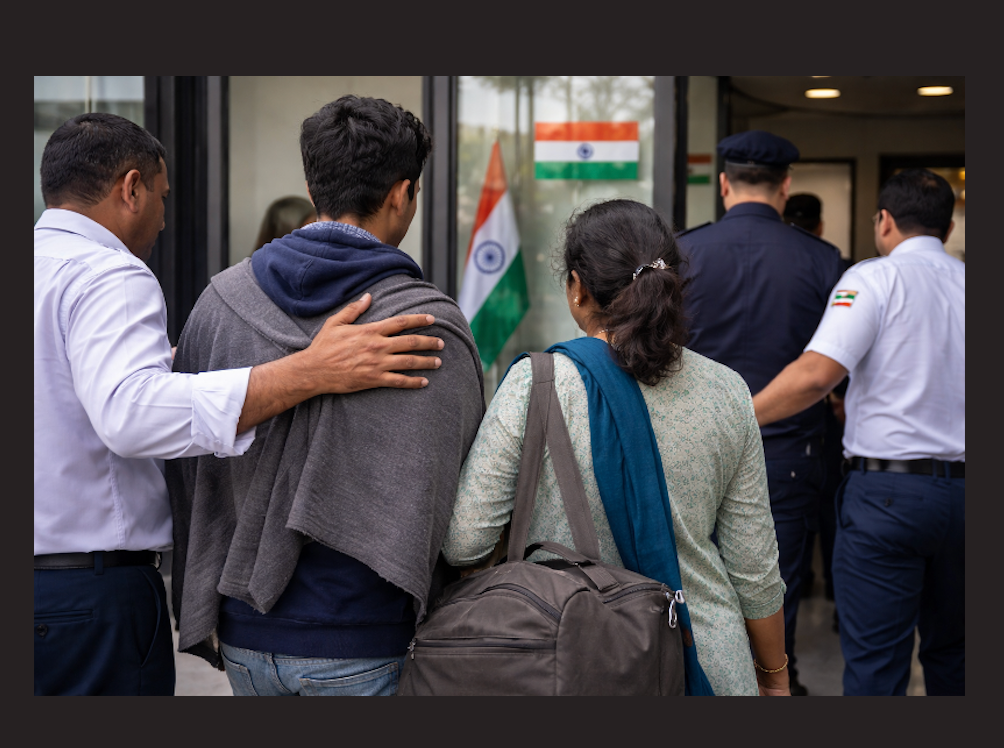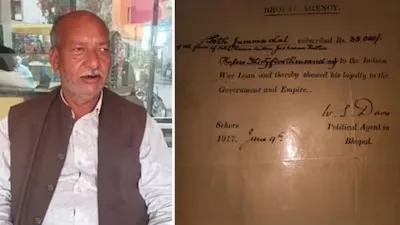Four Years Later: A Groundbreaking Tale of Love, Identity, and Feminism in Australia’s Changing Media Landscape
In the midst of a pivotal week for cultural diversity in Australian media, the new romantic drama Four Years Later has made a timely debut. With systemic racism at the forefront of discussions following a review of the ABC, and the release of Media Diversity Australia’s Race Reporting Toolkit providing journalists with tools to avoid racial stereotypes, Four Years Later adds another layer to the conversation, reported theconversation.com.
This eight-part series, commissioned by Screen Australia and SBS, tells the story of an Indian couple, Sri and Yash, who reunite in Australia after four years apart due to Yash’s medical traineeship.
The show, created by writer and producer Mithila Gupta, comes 14 years after she introduced the first Indian family to the long-running soap Neighbours. But Four Years Later breaks new ground by challenging the need to translate non-white experiences for a predominantly white audience. In fact, the Australian audience is evolving, with second-generation migrant viewers increasingly demanding more diverse stories that reflect their realities. Younger people of color, in particular, are turning to streaming platforms to find this representation.
As Australian media continues to grapple with issues of race and diversity, Four Years Later presents a vital opportunity to tell nuanced, multifaceted stories. With a potential second season, the show could delve deeper into the relationships, mental health struggles, and the quest for social capital faced by migrants of color. By challenging stereotypes and broadening perspectives, shows like this can help reshape the Australian media landscape.
South Asian-Australian stories, such as those in the 2019 play Counting and Cracking, have begun making waves in Australia’s art scene. Following the success of Netflix’s Heartbreak High reboot, it is encouraging to see a public broadcaster like SBS embrace a series led by two Indian-Australian characters. As an academic and long-time member of the Indian-Australian community, I’ve observed firsthand the complexities of telling authentic stories of the Indian diaspora onscreen, especially as South Asian creatives gain recognition in the United States and the United Kingdom.
But to reduce Four Years Later to an immigrant love story would be a disservice. While the series captures the precariousness of migrant life, it also speaks to universal experiences of self-discovery and navigating societal expectations. The characters make mistakes, grow, and evolve—particularly Sri, who stands out as a flawed and authentic representation of a woman of color.
Sri defies stereotypical portrayals of Indian women. Despite the pressures of a patriarchal family, she uses dating apps and attends meetings alone. Her relationship with Yash, arranged by their families, blossoms despite familial objections. Yash, too, makes a pivotal choice to be with Sri, going against his father’s wishes. Their experiences reflect a broader narrative of personal agency within traditionally collectivist cultures.
What sets Four Years Later apart is its subtle feminism. Sri’s journey to independence, especially in her late 30s, contrasts with typical portrayals of Indian women in new environments. Her story, along with the diverse cast of characters—from a second-generation brown anaesthetist to a Syrian cleaner and Sri’s white Australian friend—offers a rich exploration of both community-specific and universal themes.
***********************************************************
Readers
These are extraordinary times. All of us have to rely on high-impact, trustworthy journalism. And this is especially true of the Indian Diaspora. Members of the Indian community overseas cannot be fed with inaccurate news.
Pravasi Samwad is a venture that has no shareholders. It is the result of an impassioned initiative of a handful of Indian journalists spread around the world. We have taken a small step forward with the pledge to provide news with accuracy, free from political and commercial influence. Our aim is to keep you, our readers, informed about developments at ‘home’ and across the world that affect you.
Please help us to keep our journalism independent and free.
In these difficult times, running a news website requires finances. While every contribution, big or small, will make a difference, we request our readers to put us in touch with advertisers worldwide. It will be a great help.
For more information: pravasisamwad00@gmail.com











